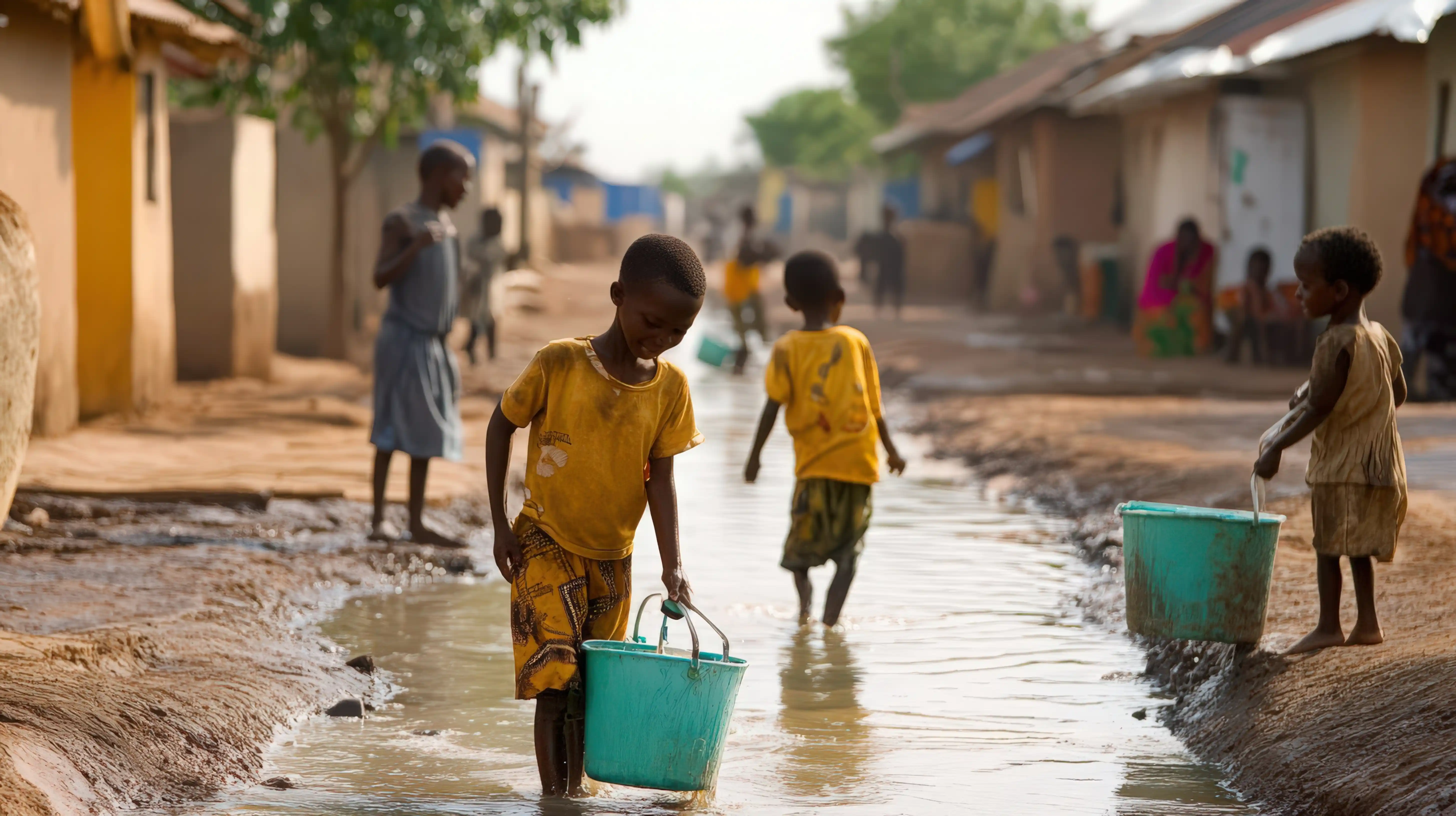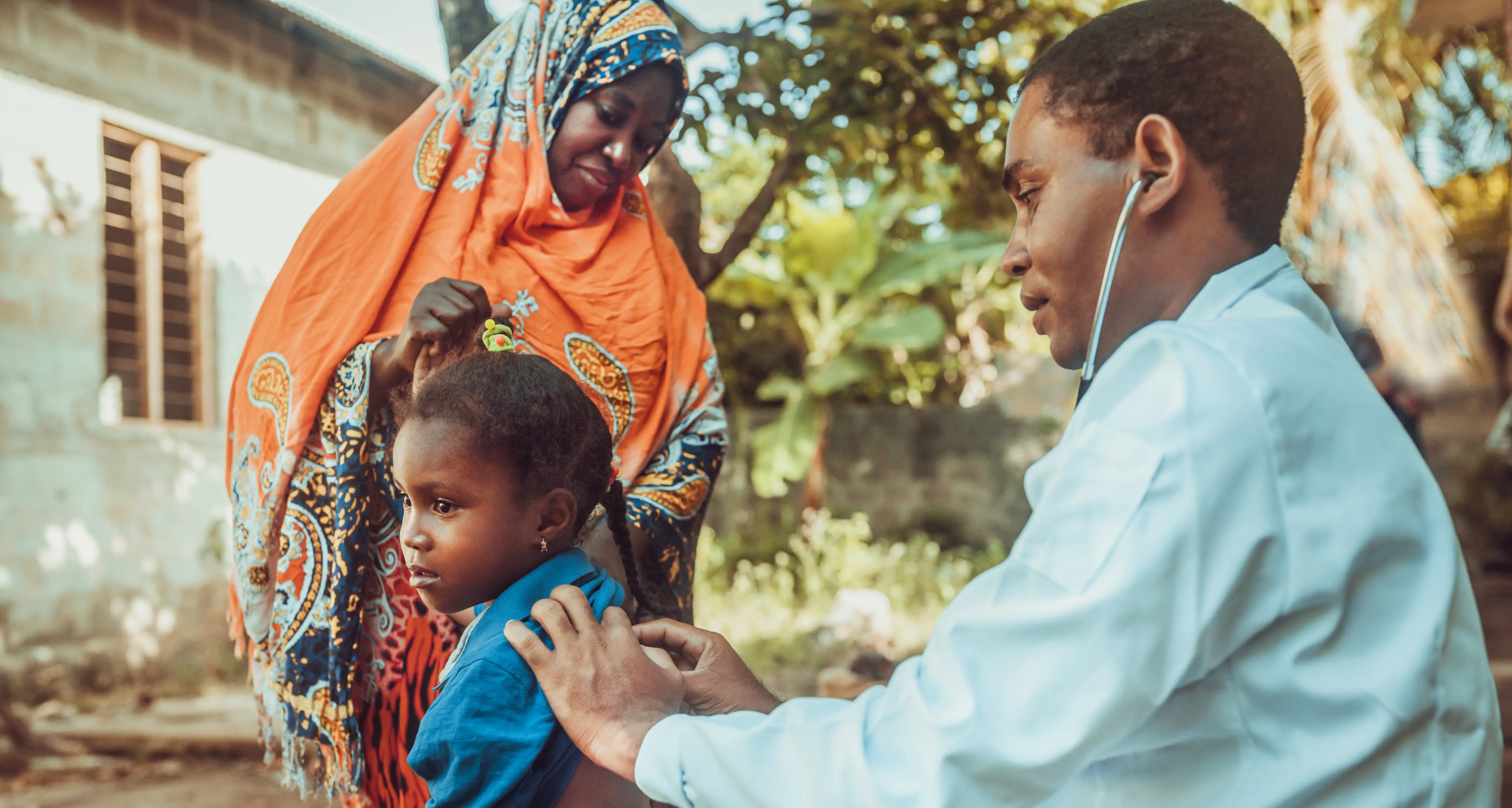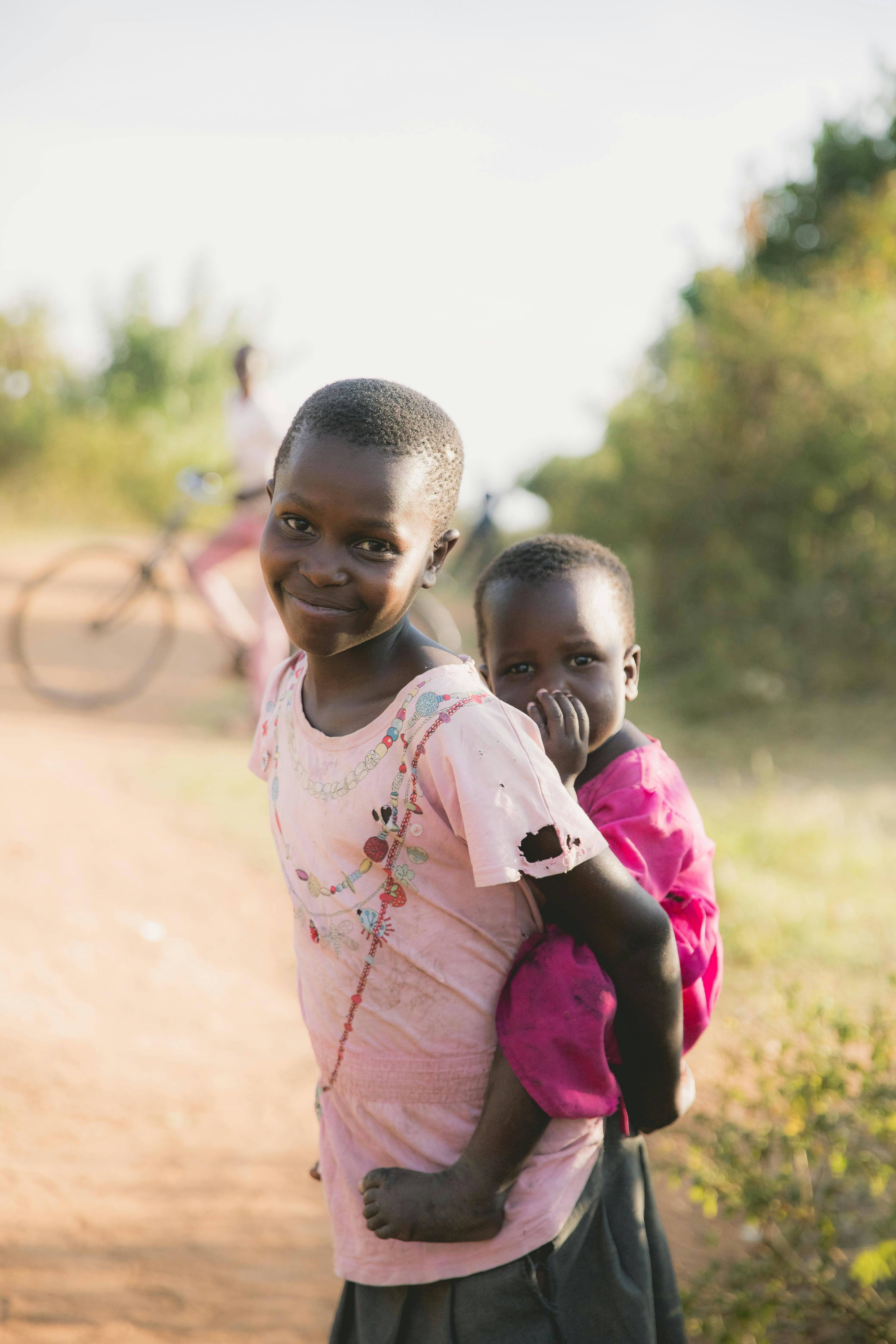Re-stating our commitment on World Malaria Day, 2022
In June 2021, at the G7 Summit, the Director General of the WHO laid out an ambitious goal – “To truly end the pandemic, our goal must be to vaccinate at least 70% of the world’s population by the time you meet again in Germany next year..” However, as of April 2022, fewer than 17 percent of Africans have received a primary Covid immunization, while two-thirds of the richest countries in the world have reached 70% vaccination.
This inequity is not alarming to those in the public health sector. It was only last year when Dr. Jesse B. Bump and Dr. Mosoka Fallah, spoke at a Landcent webinar on the decolonization of public health, with a particular focus on Malaria, they drew our attention to the geography of power and how formerly colonized countries are still poor and have persistently worser health and shorter lives. There are several reasons for this, some complex and some simpler, yet all of them have a narrative that could be explained through a colonial lens. For instance:
Research from a distance: a lot of the money spent on malaria study and research are still given to institutions in the Global North where malaria has been eradicated, but less than 5% is given to formerly colonized countries where malaria is still rampant. Case in point a $30M grant given to seven institutions to help African governments improve data for decision making in malaria control and elimination, were all based outside of the Africa.
Products versus systems: Dominant malaria prevention strategies in malaria control today are centered around bednets and pharmaceuticals. However, richer countries eliminated malaria through a systems-based approach including breeding sites management & housing improvement, and other generalized aspects of public health. In the US, The National Malaria Eradication Program was convened state and local health agencies of 13 southeastern states and the Communicable Disease Center of the U.S. Public Health Service – a coordinated and extensive systems approach.

Landcent’s approach: The question then remained, how will Landcent respond as a private company based outside of Africa? We have a two-track approach framed with both near-term and long-term perspectives.
The fact remains that 1500 people die every day from malaria and 77% of them children below the age of 5. To wait till governments, policy makers, donors etc. come together and develop a more sustainable, systems-approach is too costly a human toll. Hence, we need a near-term approach. This is where Landcent’s next generation bednets play an important role. Our nets are dual-action, long-lasting nets which counter increasing insecticidal resistance, while also extending the life of the net. We also have a new residual spray which has twice the residual effect of current sprays in the market, which will lead to savings in millions of dollars and more coverage.
However, the near-term approach is just that – near term. Landcent also has a long-term approach which is to develop products and solutions that accelerate the systems approach to malaria eradication. For instance, we are actively working on new chemistry, based on entirely natural compounds, to eventually replace synthetic insecticides. We are also working on bio-toilets which are entirely waterless and safe, thus eliminating the need for complex sanitation and prevent the stagnation of wastewater near houses. We are looking at digital tools, developed locally in Africa to undertake data-mapping and analytics. Finally, we are committed to eventually move parts of the supply chain to Africa itself, to improve the economics of local communities.
We continue to accelerate the fight against malaria and on this World Malaria Day recommit to do whatever it takes to end inequity in Sub-Saharan Africa by moving to a systems approach that emphasizes poverty eradication and favours autonomy and independence for Sub-Saharan Africa.
More Updates
Subscribe to The Newsletter
Be the first to know—Get the latest news, discoveries, and impact stories that matter








